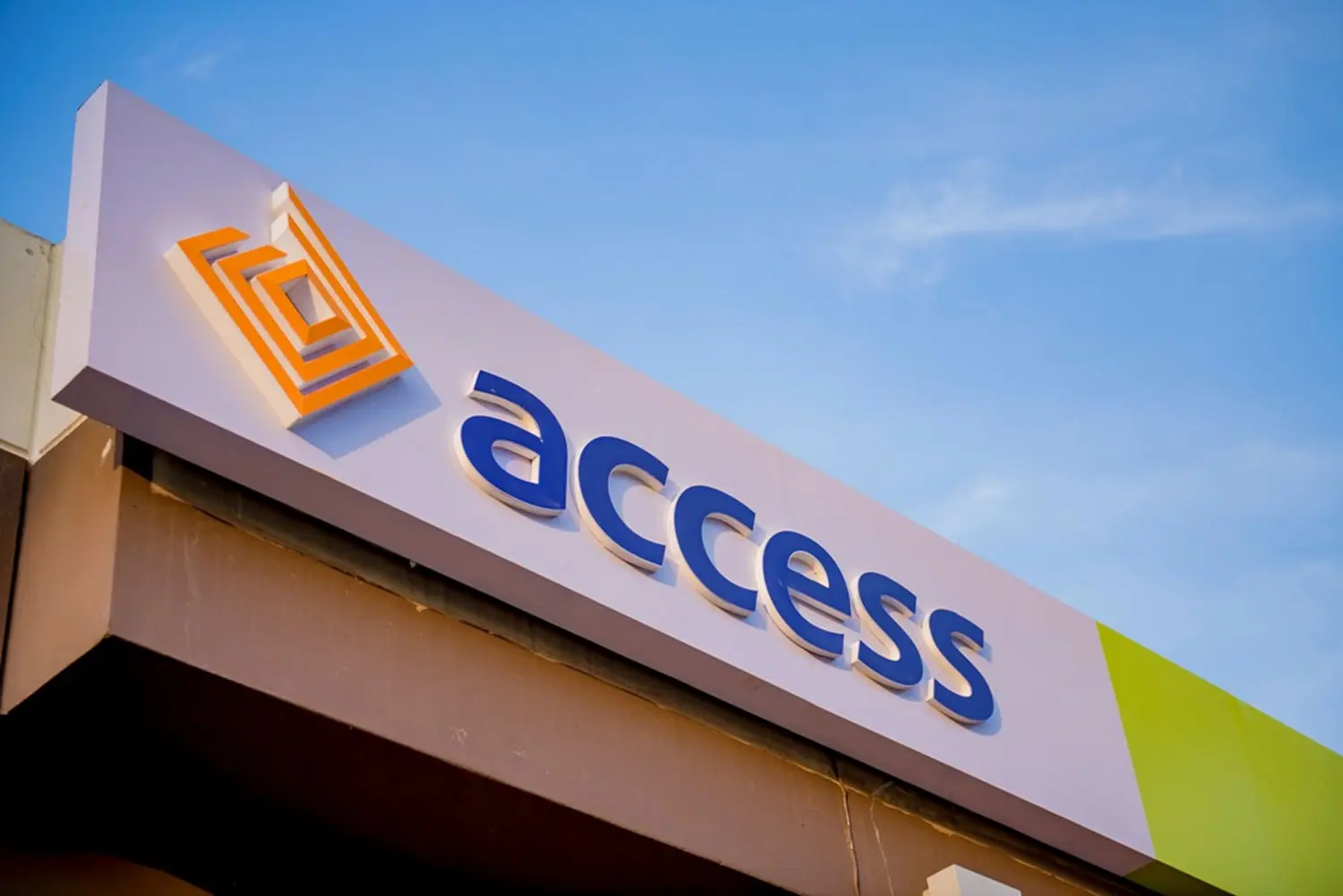Nigerian traditional banks are making a push into the digital lending market in a move that will pitch them against their digital competitors. For the banks considering this move, a standalone digital lending app means they can acquire customers from smaller banks with high interest rates. Customers of other digital lenders may also be there for the taking, considering that most traditional banks have the cheapest lending rates in the market.
On January 17, TechCabal reported that Access Holding Plc, the parent company of Access Bank, received approval in principle from the Central Bank to launch Oxygen X, a standalone lending product. While Access is the first holding company to make a play for standalone digital lending, other banks are in talks to spin off standalone digital lending services, a highly-placed industry source told TechCabal.
“Banks may launch their apps, but they don’t have the mastery of execution that fintechs have,” said the source who asked not to be identified. “Banks will possibly drop the ball. I am not betting on any banks to win in the market.”
That argument isn’t new. When traditional banks began a push into fintech, the consensus from fintech insiders was that the banks didn’t have the operational chops to mount a challenge. But Habari Pay, the fintech arm of Guaranty Trust Holding Company (GTCO), posted profits of ₦1.3 billion in the first half of 2023, according to GTCO’s financial report.
It also may be premature to write off the big banks given that QuickCredit, arguably the most innovative lending product in the last few years, has come from the banks.
[ad]
Will banks change their approach to retail lending?
While one of the core mandates of commercial banks is to lend, they don’t give out a lot of loans, especially to individuals and small businesses (retail lending). Rather than serve a mass market with a high risk of defaults, banks would instead give loans to high-quality borrowers such as salary earners with credible employers.
A former bank executive argues that the entry of traditional banks into the digital lending market will only be a game-changer if the banks abandon the old lending and leverage data philosophy.
“For me, the big question is, what will be different? What is the play? Is it lower rates and faster returns? One advantage banks have is that they can unlock customers’ data to make lending decisions,” he said.
Nigeria’s digital lending market is dominated by startups like Carbon, FairMoney, and OPay, serving a growing mass of digital-first customers. There are about 211 licensed digital lenders in Nigeria, according to the country’s digital lending regulator, the Federal Competition and Consumer Protection Commission (FCCPC). The selling point for these startups is the simplified lending process, allowing people to get loans in a few minutes and less stringent KYC requirements.
But easier means more expensive. Many digital lenders offer loans with interests as high as 30% per annum, while banks like GTBank—through its digital lending platform QuickCredit—offer around 21%.
The difference in interest rates often comes down to the cost of financing. While traditional banks have trillions of Naira in customer deposits to lend from, fintech startups often draw on debt or venture funding. Beyond this, digital lenders don’t have as many data points to make loan decisions, meaning slightly more risk. These risks are baked into the interest rates.
The cost of loan recovery is also one key issue lenders have to deal with. As one industry insider put it, traditional banks “can’t do the rough things,” referring to some digital lenders’ questionable loan recovery methods.
One thing is clear: traditional banks offer lower interest rates to beat fintechs. Whether they can change their lending strategies remains to be seen.






















